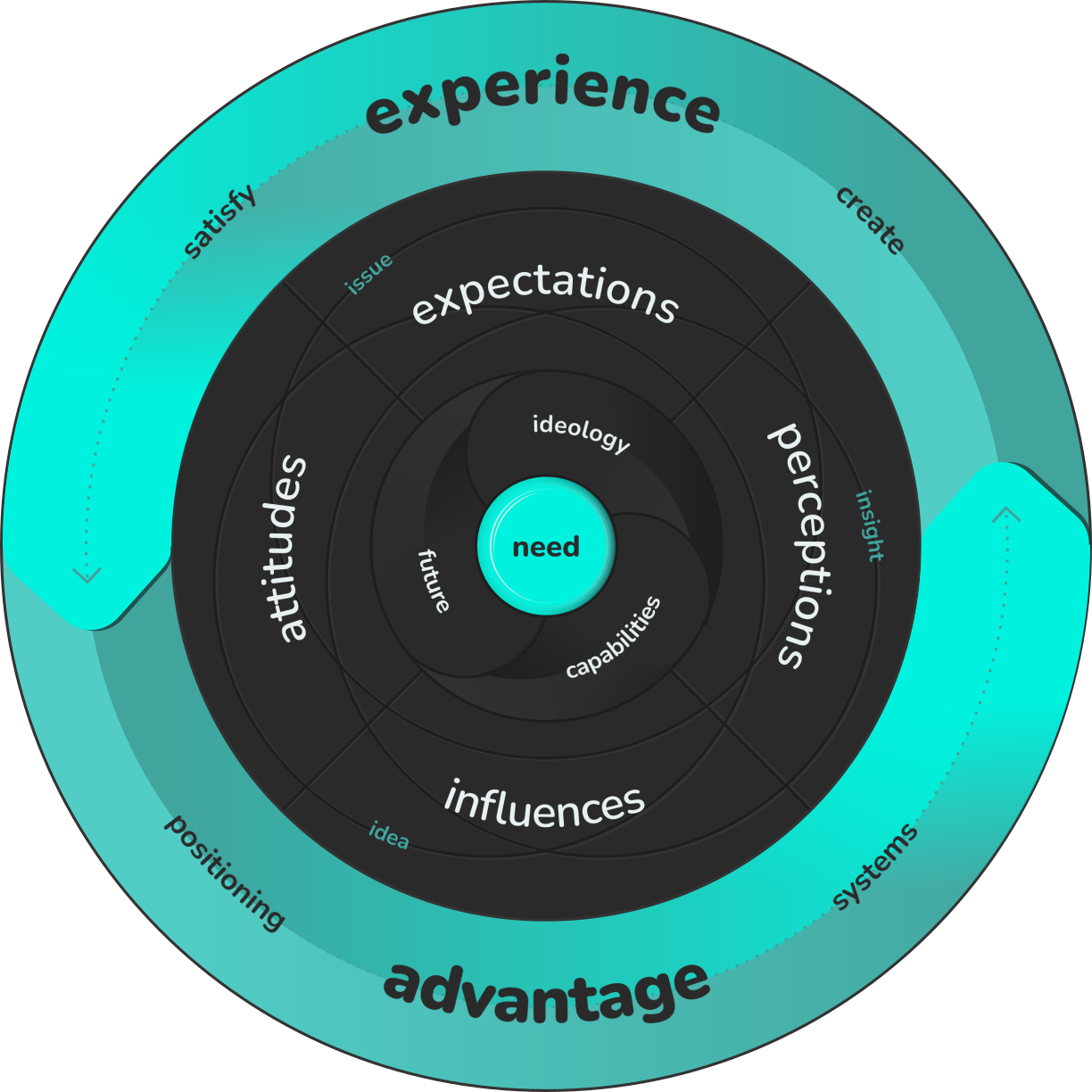
Looking for a people-centred approach to business transformation and growth? You've come to the right place.

1980 Something was founded on the belief that breakthrough growth is rooted in sustainable advantage and people-centred experience. Through a proprietary approach and experience toolbox, developed over 20 years, we inspire new perspectives, stimulate creativity, and deliver lasting value.
↓
